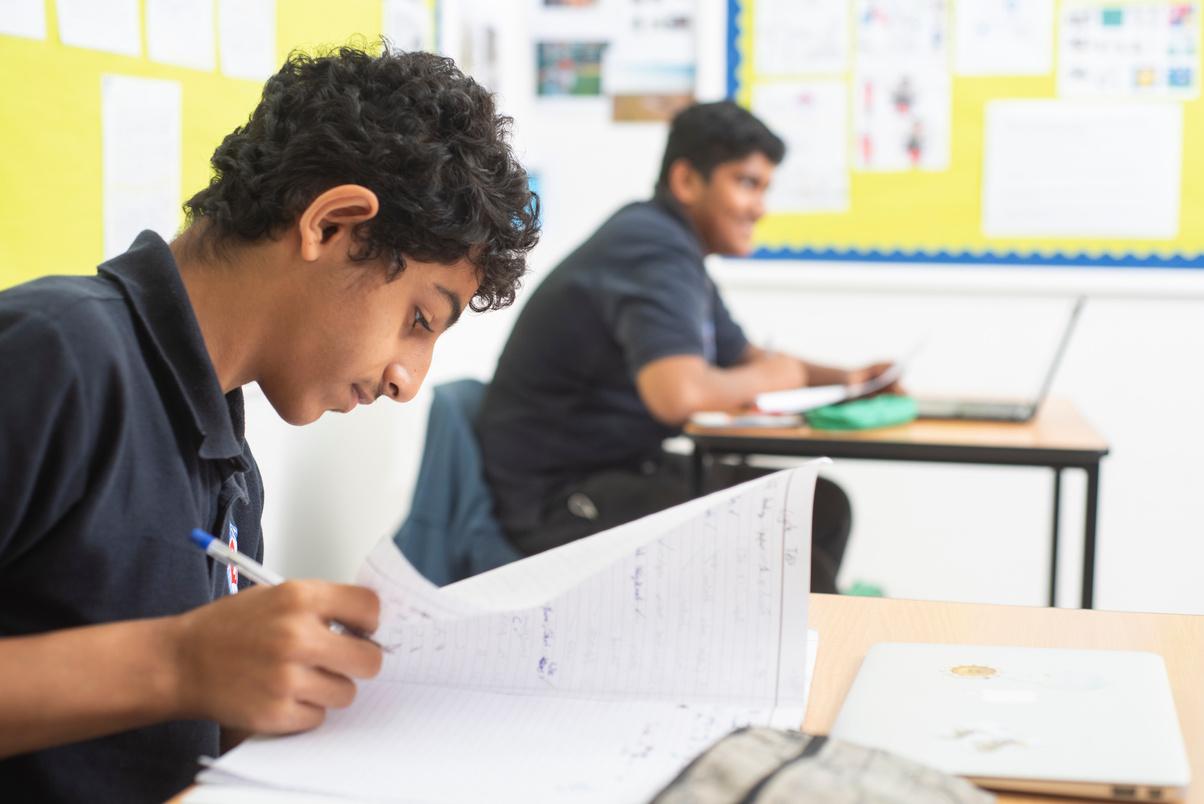
1 minute read
Secondary News
Key Question - Why is student wellbeing so important?
At KGIS, we take the issue of mental health and student wellbeing extremely seriously. Our dedicated Student Counsellor and Pastoral Team put in place measures to ensure all students feel safe and comfortable at KGIS Our team are trained to provide a supportive and confidential space for students to express their concerns and seek guidance. We prioritise mental health education, promote self-care practices, and foster a culture of empathy and understanding to ensure the overall wellbeing of our students Some key reasons why we promote student wellbeing are noted below:
Advertisement
Academic Performance: Wellbeing has a direct impact on academic performance. When students are in a positive state of mental, emotional, and physical wellbeing, they are more likely to be engaged, motivated, and focused in their studies Their ability to concentrate, retain information, and solve problems improves, leading to better academic outcomes. This is particularly important during exam time.
Mental Health: Wellbeing is closely linked to mental health. Promoting wellbeing in educational settings helps create a supportive and nurturing environment that can prevent or alleviate mental health issues such as anxiety, depression, and stress Prioritising mental health and wellbeing contributes to a positive school climate and fosters a sense of belonging and emotional resilience among students.
Emotional Development: Wellbeing encompasses emotional development, including self-awareness, emotional regulation, empathy, and positive relationships. When students are supported in developing these skills, they are better equipped to handle challenges and cope with the ups and downs of life Emotional intelligence is essential for personal growth, social interactions, and future success. These are crucial traits for success beyond school.
Physical Health: Wellbeing encompasses physical health as well. Promoting physical activity, healthy eating habits, and overall wellness in educational settings helps students develop healthy lifestyles Physical health is closely linked to cognitive functioning, attention span, and overall energy levels, all of which impact learning and academic performance.
Resilience and Coping Skills: Wellbeing contributes to the development of resilience and effective coping skills Students who have a strong sense of wellbeing are more resilient in the face of challenges, setbacks, and stressful situations. They are better equipped to bounce back, adapt, and persevere, which are essential life skills.
Lifelong Wellbeing: Education should not only focus on academic knowledge but also prepare students for a fulfilling and healthy life beyond the classroom. By promoting wellbeing, educational institutions equip students with the skills, knowledge, and habits necessary for lifelong physical, mental, and emotional wellbeing.






